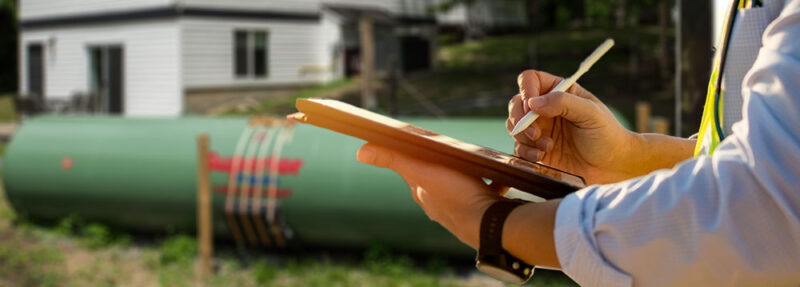Eco-Friendly Approaches to Propane Tank Upkeep

Sustainable Life Cycles for Propane Storage
In the move towards more sustainable business practices, the propane industry is focusing on refurbishing and recycling propane tanks. This approach not only extends the life of the tanks but also significantly reduces environmental waste. Here’s a deep dive into the practices shaping a more eco-conscious approach to propane tank management.
Refurbishing: Extending Life and Preserving Resources
Inspection and Assessment: The first step in refurbishing involves a thorough inspection to assess the tank’s condition, identifying potential leaks, rust, or structural weaknesses.
Cleaning and Preparation: Tanks undergo a comprehensive cleaning process to remove residual propane, rust, and contaminants. This prepares the surface for further restoration steps.
Repair and Restoration: Dents, rust, and other damages are repaired. Advanced techniques and materials are used to restore the tank to a safe state of operation.
Re-coating: A critical step in refurbishment is re-coating the tank with specialized paints and coatings that protect against rust and corrosion, extending the tank’s life and improving its appearance.
Re-certification: After refurbishment, tanks must be re-certified according to regulatory standards, ensuring they meet all safety requirements for continued use.
Recycling: A Responsible End-of-Life Strategy
Decommissioning: Tanks beyond refurbishment undergo decommissioning, where any remaining propane is safely removed, and the tank is made inert.
Material Recovery: Metal components are separated and prepared for recycling. Propane tanks are primarily made of steel, a material that can be recycled without degradation of its properties.
Repurposing: Beyond traditional recycling, creative repurposing options are explored. Depending on their condition, this can include using decommissioned tanks for non-fuel storage, as planters, or even in art installations.
Collaboration with Recyclers: Partnerships with professional metal recyclers ensure that materials from decommissioned tanks are efficiently processed and returned to the manufacturing cycle.
Environmental and Economic Benefits
Waste Reduction: By refurbishing and recycling propane tanks, the industry significantly reduces waste, preventing tanks from ending up in landfills and lessening the demand for raw materials.
Cost Efficiency: Refurbishing extends the operational life of tanks, offering a cost-effective alternative to purchasing new tanks and reducing the environmental impact of new tank production.
Sustainability Credentials: Engaging in refurbishing and recycling practices enhances a company’s environmental credentials, aligning with consumer and stakeholder expectations for sustainable business practices.
Challenges and Opportunities
Regulatory Compliance: Navigating the regulatory landscape for tank refurbishment and recycling requires staying updated on safety standards and environmental regulations.
Public Awareness: Increasing awareness about propane tank refurbishing and recycling benefits can encourage broader acceptance and participation among consumers and businesses.
Leading the Way in Sustainability
The propane industry’s focus on tank refurbishing and recycling represents a critical step towards sustainability. By adopting practices that extend the life cycle of tanks and serve to responsibly manage end-of-life processes, businesses can significantly contribute to environmental conservation. As the industry continues innovating in these areas, propane can solidify its role as a key player in transitioning to more sustainable energy solutions.
















